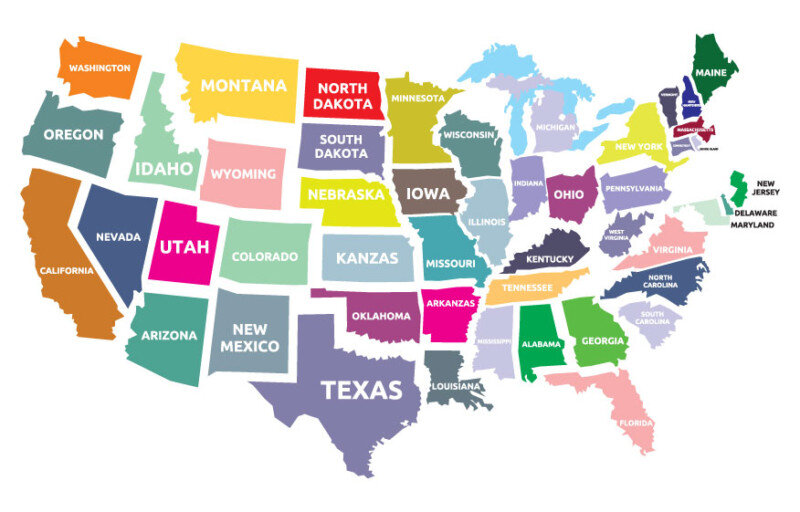Yes, it is possible to set up a Limited Liability Company (LLC) in another state, and there are two possible scenarios for doing so:
- Form an LLC in a state different from where the business owner lives and works.
- Register an existing LLC formed in one state to conduct business in another state (a process called foreign qualification).
An LLC is called a domestic LLC in the state where it was formed—i.e. where its owners (members) filed the entity’s formation paperwork. When an existing LLC’s members apply for foreign qualification to conduct business in one or more other states, the LLC is considered a foreign LLC in those additional states.
A domestic LLC must abide by its home state’s rules, regulations, and tax codes. If an LLC is foreign qualified elsewhere, it must also comply with the laws and tax regulations of the states where it operates as a foreign LLC.
While an LLC can be a domestic LLC in just one state, that LLC can be registered as a foreign LLC in multiple states. A foreign LLC must first be registered elsewhere as a domestic LLC.
Various factors can influence where a business owner will find it most beneficial to form their LLC and the additional states where they may want to (or have to) register it. Such as a state’s:
- Business laws and regulations
- Tax code
- Economic incentives
- Market opportunities
Speaking with an attorney, accountant, and tax advisor is helpful when considering the best state for setting up an LLC or other business entities.
Why Form an LLC in a Different State?
In most cases, entrepreneurs live and operate their companies in their home state, so it’s often most advantageous—and the simplest—to register as a domestic entity there. However, forming an LLC outside of the business owner’s home state may make sense in some situations.
- A business owner lives in one state but has an office (or conducts their work) in another.
- A different state offers better government funding opportunities and economic incentives (such as grants, tax credits, low-interest loans, subsidies, etc.).
- The bulk of a business’s sales and/or income will come from a different state.
- The business owner’s home state has stricter and/or more expensive ongoing compliance requirements (e.g., reporting requirements, licenses and permits, etc.)
- The tax burden on companies is greater in the business owner’s home state (e.g., more types of taxes, higher tax rates, fewer business deductions, etc.).
Several states known for having business-friendly legal and/or tax environments include:
- Delaware
- Wyoming
- Nevada
Be aware that forming an LLC in a different state doesn’t mean the LLC has no obligations in the business owners’ home state. If an LLC member is doing most of their work for the company in their home state or the LLC has an office, store, manufacturing facility, distribution site, other physical presence or has established a sales or economic nexus there, they will likely have to register their LLC (as a foreign LLC) in their home state. That will mean complying with the laws and paying taxes in both states. So, it’s important for business owners to carefully consider their decision before filing to form an LLC in another state; it may ultimately add complexity and cost in the long run.
Why Register an Existing LLC as a Foreign LLC in Other States?
In a word: growth! If LLC members want to conduct business outside of the state where they have formed their entity, they must file for foreign qualification for permission to operate there.
The definition of “conducting business” varies from state to state, but generally, foreign qualification is required when an LLC has:
- A physical presence in the state
- In-person meetings with clients or customers in the state
- Employees working in the state
- Reached a sales or income threshold in the state
It’s critical that an LLC registers as a foreign LLC if required to do so and complies with the state’s laws, reporting requirements, and tax rules. Otherwise, it could face fines, late fees, legal issues, and other consequences.
Additional Resources
Download a Free LLC Guide
Our Free LLC Guide guide is written by the Business Attorneys at CorpNet, and answers our most-asked questions about creating a Limited Liability Company.




